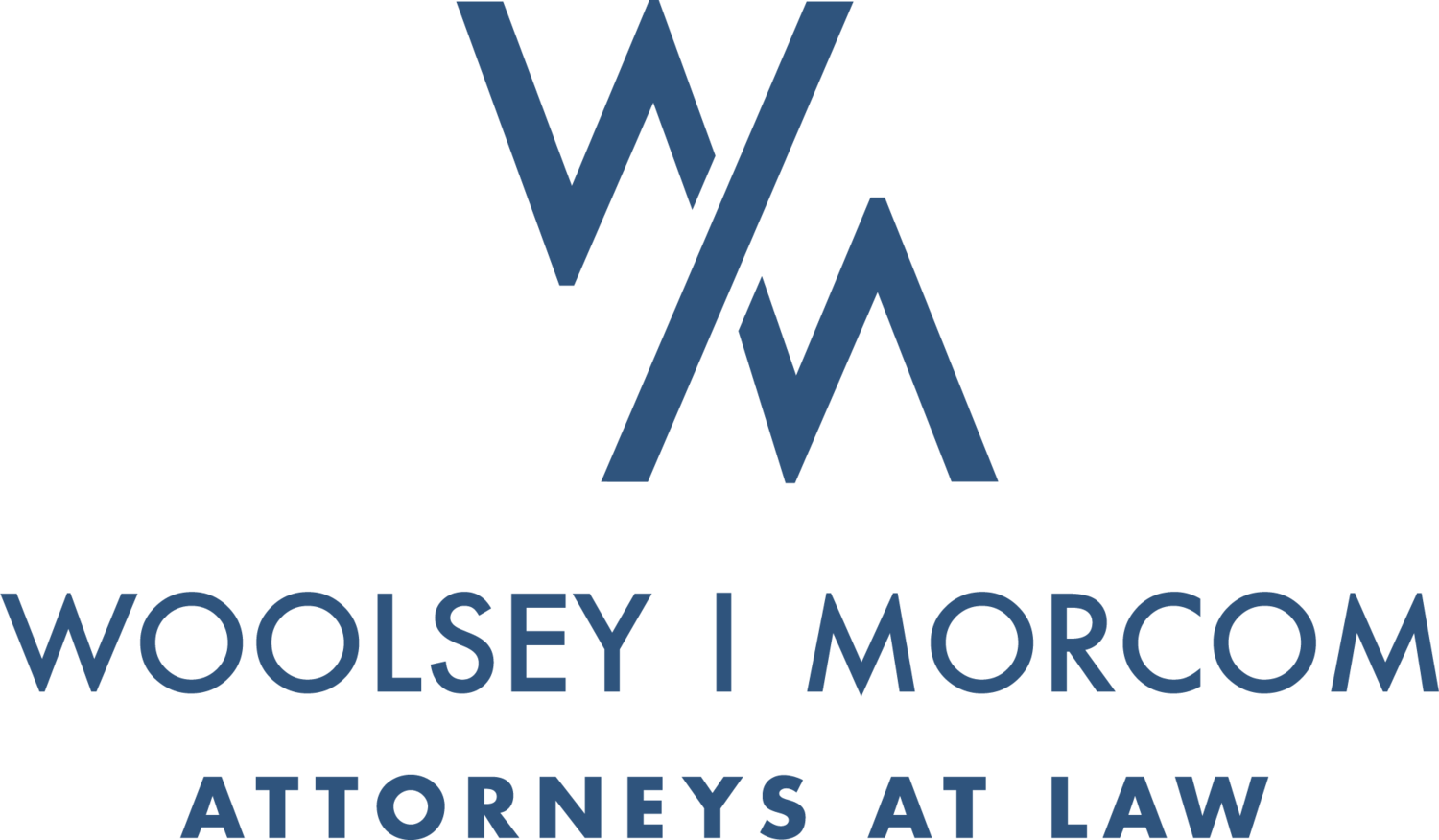In Florida’s dynamic business environment, a company’s reputation is one of its most valuable assets. At Woolsey Morcom, we recognize the vital importance of defending your business’s good name against false and damaging statements. Florida law offers strong protections for businesses facing defamation, with legal remedies available whether the threat arises from former employees, unsatisfied customers, or competitors.
Understanding Defamation in Florida
Under Florida law, defamation occurs when an unprivileged publication of false statements causes harm to another party. This includes both libel (written defamation) and slander (spoken defamation). To prove defamation in Florida, the following five elements must be established:
- Publication of the statement: Any communication of a false statement to a third party, including social media posts, online reviews, or verbal statements.
- Falsity of the statement: The statement must be objectively false.
- Knowledge or reckless disregard of the falsity: For public figures, this requires proving actual malice, while private individuals must show negligent disregard.
- Actual damages: Evidence of harm caused by the statement.
- Defamatory nature of the statement: The statement must harm the subject’s reputation.
It’s crucial to note that “publication” in legal terms doesn’t necessarily mean print media. Any communication of a false statement to a third party can satisfy this element, including social media posts, online reviews, or even verbal statements made to others.
Types of Defamation Claims in Florida
Florida recognizes two categories of defamation:
- Defamation Per Se: These are statements considered so inherently harmful that damages are presumed without the need for specific proof. They typically involve allegations of:
● Committing an infamous crime
● Having an infectious disease
● Being subject to public hatred, distrust, or ridicule
● Conduct injurious to one’s trade or profession
● In cases of defamation per se, the plaintiff can obtain at least nominal damages without proving actual harm to their reputation.
- Defamation Per Quod: These statements require additional context or explanation to show their defamatory nature. In these cases, the plaintiff must prove actual damages resulting from the false statement.
Steps to Take Before Filing a Lawsuit
Before initiating a defamation lawsuit, consider these steps to strengthen your case:
· Gather Evidence – Save screenshots, emails, or other records of the false statements. Document any financial losses or reputational harm.
· Identify the Source – Determine whether the person spreading falsehoods is known or anonymous. If the statement was made online, legal action may be needed to unmask an anonymous poster.
· Send a Cease and Desist Letter – Many defamation cases can be resolved without going to court. A formal legal demand may prompt the individual to retract the statement and prevent further harm.
· Consider Mediation – If reputational damage is serious but litigation is too costly, alternative dispute resolution may be an effective option.
If these steps do not result in a resolution, a lawsuit may be necessary.
Filing a Defamation Lawsuit in Florida
If informal efforts fail, filing a lawsuit can help restore your reputation and seek financial damages. The process involves:
· Filing a Complaint – A legal document outlining the defamatory statement, its publication, and the harm suffered.
· Discovery Phase – Both parties exchange evidence, including witness statements and financial records, to establish damages.
· Potential Settlement or Trial – Many defamation cases settle before reaching trial, but if necessary, a court will determine liability and damages.
If successful, you may be awarded:
· Compensatory Damages – Reimbursement for financial loss, reputational harm, and emotional distress.
· Injunctive Relief – A court order requiring the removal of defamatory statements.
· Punitive Damages – Additional penalties for particularly malicious falsehoods.
The Importance of Timely Action
Florida’s statute of limitations for defamation claims is two years from the date of publication. Acting promptly is essential to preserve your right to seek legal recourse.
How Woolsey Morcom Can Help
At Woolsey Morcom, we specialize in guiding Florida businesses through the complexities of defamation law. Our attorneys provide comprehensive support, including:
● Evaluating the strength of your defamation claim
● Gathering and preserving evidence
● Drafting cease and desist letters
● Negotiating with the opposing party
● Representing your interests in mediation or arbitration
● Litigating your case in Florida courts
Conclusion
If false statements have damaged your reputation or business, you may have grounds for a defamation lawsuit. However, proving defamation requires careful documentation, legal assistance, and timely action. At Woolsey Morcom, our experienced attorneys can help you evaluate your case, explore resolution options, and, if necessary, aggressively pursue legal action to protect your name.
If you’re considering a defamation lawsuit, contact us today for a case evaluation. Your reputation is worth defending.



